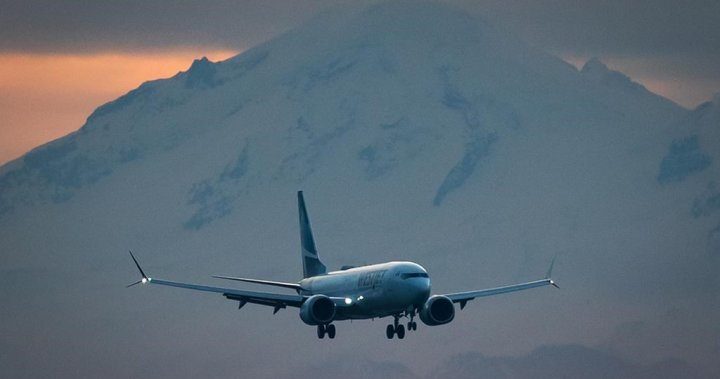In a recent survey from Statistics Canada, it has become clear that the number of Canadians returning to the United States via land and air travel is declining in a significant way. While over the past five months, the number of return trips by Canadians through land or air dropped compared to the year 2024, the trend is a continuing decline. Specifically, in May, travel by car from the U.S. to Canada saw a large drop: up to 1.3 million Canadians made such trips, down by 38.1% from the same month in 2024. Just seven months earlier, in April 2024, this number decreased by 35.2%, from 1.2 million to 1.0 million car return trips. Similarly, air travel was at a similar decline: 24.2% of Canadian return trips in May compared to 2024, compared to a 19.9% drop in April.
The decline is particularly marked by the increase in flights made by Americans to Canadian cities. For example, 1,044,700 car return trips were made by Americans in May, up by 8.4% compared to the same month in 2024. On the other hand, air travel also saw a slight decline: 0.3% drop from 2024, making it less noticeable. While air travel remains the largest mode of travel, car travel has struggled to keep up, with this shift further complicating the global air travel industry.
What is especially concerning is the trend of downward/upward wage adjustments, last year’s rise in fuel prices, and the ongoing stress caused by the U.S.最高的 tariffs in a decade imposed by President Donald Trump on imports from Canada. These factors have compounded the aviation crisis, as airlines have struggled to find passengers willing to travel to Canada, even as demand has slowly dwindled. In recent months, some major airline hubs have seen their flight schedules reduced to manage demand, often due to low airfare pricing. For instance, Air Canada, WestJet, Flair Airlines, and Air Transat have implemented reductions in their flights to Canada, a move aimed at balancing revenue streams with a shrinking audience.
Overall, though the rise of young people and students in Canada hasExperience accelerated and provided a pool of travel demand, their influence on the market seems limited compared to global travel trends. This ongoing decline in air travel brings questions about innovation, competition, and future growth in the Canadian and international markets. It has also served as a reminder of the challenges that air travel faces in the years ahead, particularly as the world continues to тend to the needs of its populations.










